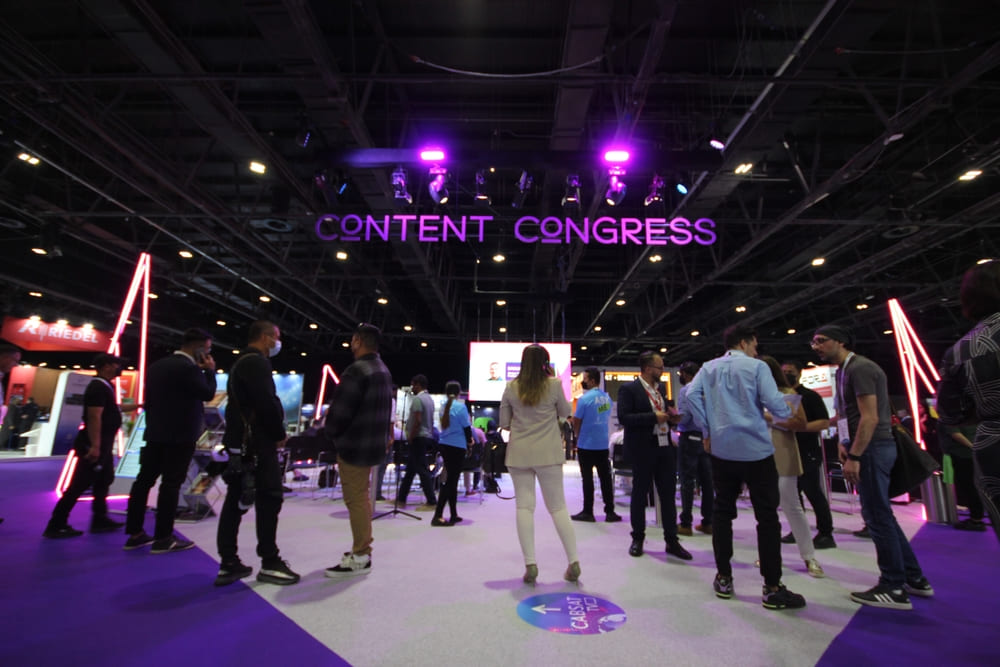Building Successful Field Marketing Relationships in B2B Tech: A Guide to Aligning Sales, Business Development, and Corporate Goals

In the B2B tech industry, success in field marketing hinges on more than just executing campaigns. It’s about forging strong relationships across various segments of the business, particularly between field marketing and local sales.
Are Events Dead, or Are They Being Redefined?

The event landscape has shifted dramatically in recent years, leading many to question whether industry events, once the cornerstone of marketing strategies, are still relevant. With the rise of digital channels, virtual meetings, and remote work, some might argue that large-scale, traditional events are losing their impact. Yet, despite these changes, events are far from dead—they are being redefined.
Leveraging Data and Insights for Continuous Improvement in Field Marketing

In today’s data-driven world, effective field marketing requires more than just creativity and in-person engagement. It demands a strategic use of data and insights to continuously refine and improve efforts. For field marketers, leveraging this data is key to understanding performance, optimising strategies, and driving measurable results.
The Power of Alignment: Field Marketers and In-Region Sales Teams in B2B Technology Companies

In the B2B technology space, success hinges not only on the strength of the product but also on how well marketing and sales teams collaborate. A critical but often underutilised dynamic in this ecosystem is the alignment between field marketers and in-region salespeople.
Field Marketing Best Practices: A Strategic Approach to Maximising Impact

The need to bridge the gap between digital and physical experiences has never been more critical. Field marketing, often considered the front line of customer engagement, offers a direct, personal touchpoint that drives brand awareness, product adoption, and ultimately, revenue.
Field Marketing as a Service: Driving Growth and Engagement

Brands need to connect with their audiences in more meaningful and personal ways than ever before. Traditional marketing methods alone are no longer enough to cut through the noise, particularly when consumers demand direct, tangible experiences with the brands they choose to engage with.
